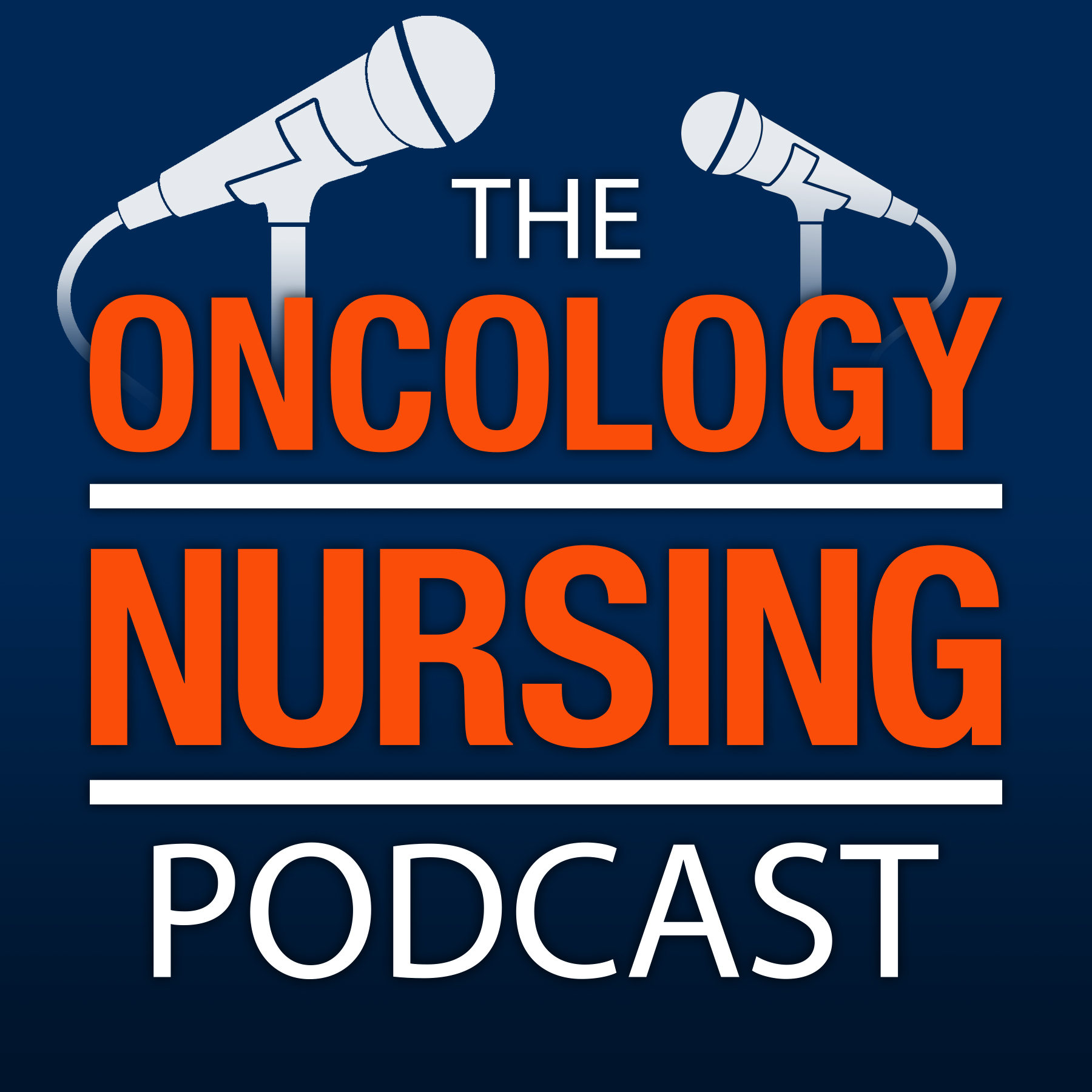
Shownotes Transcript
“It’s important for all nurses to advocate—for themselves, for their practice, for their profession, for their patients. Without the nursing community advocating for itself, no other entity will. It is the nurses’ responsibility to be their own advocate,” Alec Stone, MA, MPA, ONS director of government affairs, told Jaime Weimer, MSN, RN, AGCNS-BC, AOCNS®, oncology clinical specialist at ONS, during a conversation about how you can advocate for oncology nursing with ONS. You can earn free NCPD contact hours after listening to this episode and completing the evaluation linked below.
Music Credit: “Fireflies and Stardust)” by Kevin MacLeod
Licensed under Creative Commons by Attribution 3.0
Earn 0.5 contact hours of nursing continuing professional development (NCPD) by listening to the full recording and completing an evaluation at myoutcomes.ons.org by January 6, 2025. The planners and faculty for this episode have no relevant financial relationships with ineligible companies to disclose. ONS is accredited as a provider of NCPD by the American Nurses Credentialing Center’s Commission on Accreditation.
Learning outcome: Participants will report an increase in knowledge related to advocating for oncology nursing with ONS.
Episode Notes
Complete this evaluation for free NCPD).
ONS Voice articles:
Legislation and Cancer Care: New Policies Improve Nursing Practice and Patient Outcomes)
When Healthcare Professionals Join Organizations to Advocate, Patients’ Voices Are Heard)
All Politics Is Local, and That’s Why You Should Get Involved in ONS Advocacy)
Clinical Journal of Oncology Nursing articles:
Advocacy: The Pivotal Role of Oncology Nurses)
Voices of Oncology Nursing Society Members Matter in Advocacy and Decisions Related to U.S. Health Policy)
ONS Center for Advocacy and Health Policy)
ONS Health Policy Agenda)
ONS course: Advocacy 101: Making a Difference)
Palliative Care and Hospice Education and Training Act)
Cancer Drug Parity Act of 2021)
To discuss the information in this episode with other oncology nurses, visit the ONS Communities).
To provide feedback or otherwise reach ONS about the podcast, email [email protected]).
Highlights From Today’s Episode
“ONS is the nursing voice in the cancer community, we are the cancer voice in the nursing community, and we are a member in the general health advocacy community. So we have distinct roles to play in those three buckets.” Timestamp (TS) 05:47
“We’ll review our priorities, we’ll look at the Congressional landscape, we will assess the appetite for what’s on our agenda, and then we’ll prioritize legislation that we hope will eventually pass or that we think has a shot as it moves through this process.” TS 14:10
“We use our members’ expertise to educate elected officials; congressional staff; and federal agencies like the National Institutes of Health (NIH), U.S. Food and Drug Administration (FDA), Centers for Disease Control and Prevention (CDC), Centers for Medicare and Medicaid Services (CMS) on the impact of legislative language on patients and providers. The ONS Health Policy Agenda is created from a lot of different moving parts that are important to oncology nurses.” TS 15:43
“It’s important for all nurses to advocate—for themselves, for their practice, for their profession, for their patients. Without the nursing community advocating for itself, no other entity will. . . . It is the nurses’ responsibility to be their own advocate.” TS 17:24
“You might ask, ‘What does success look like?’ When it comes to the White House, the FDA, CDC, congressional offices—when they reach out to ONS and they ask our leaders if we would provide insight into a policy as it’s being created and formed, that means we have both a figurative and literal seat at the table. That is success.” TS 25:25